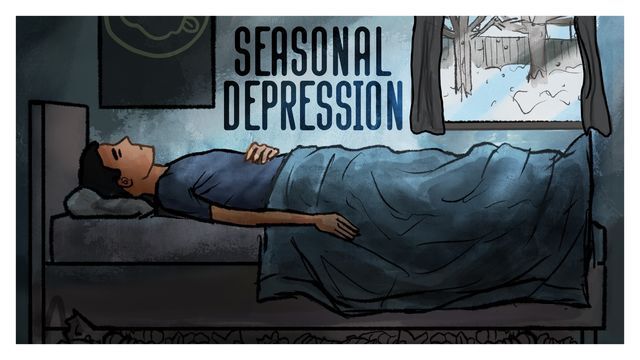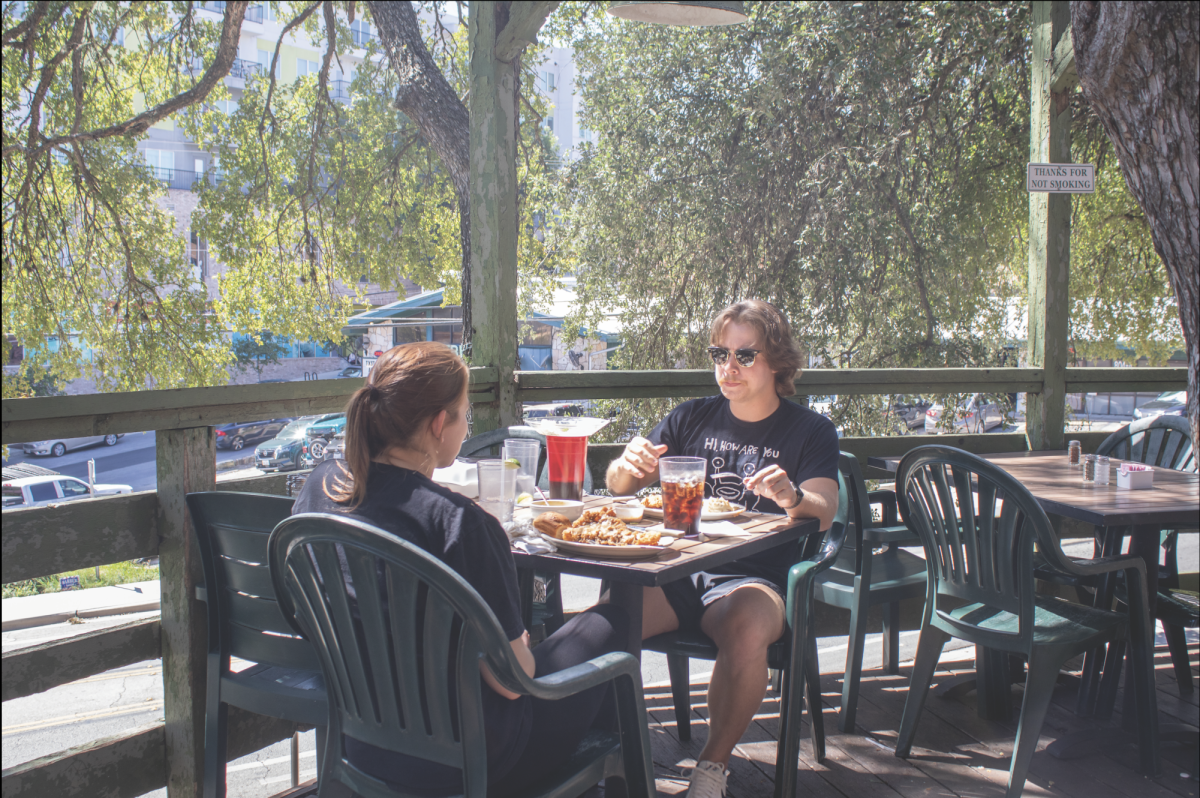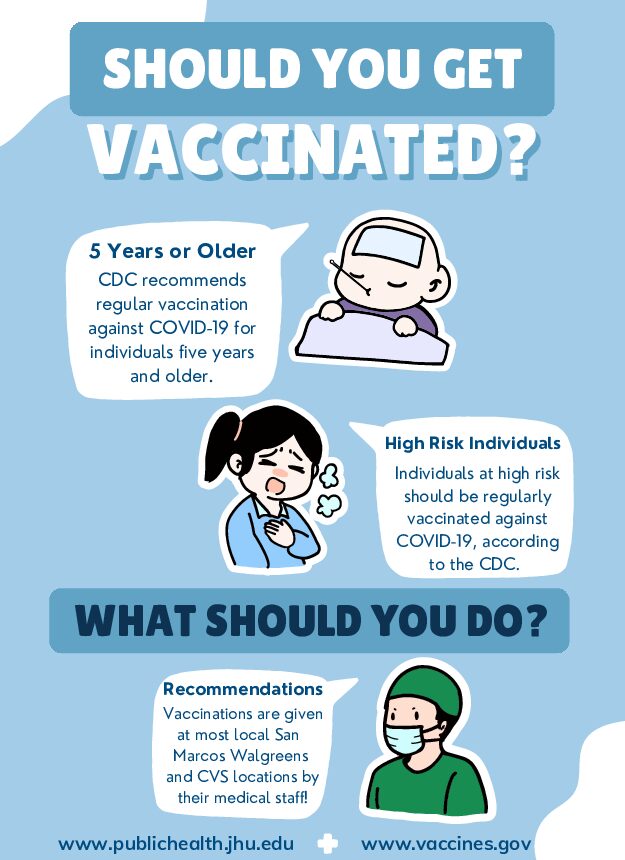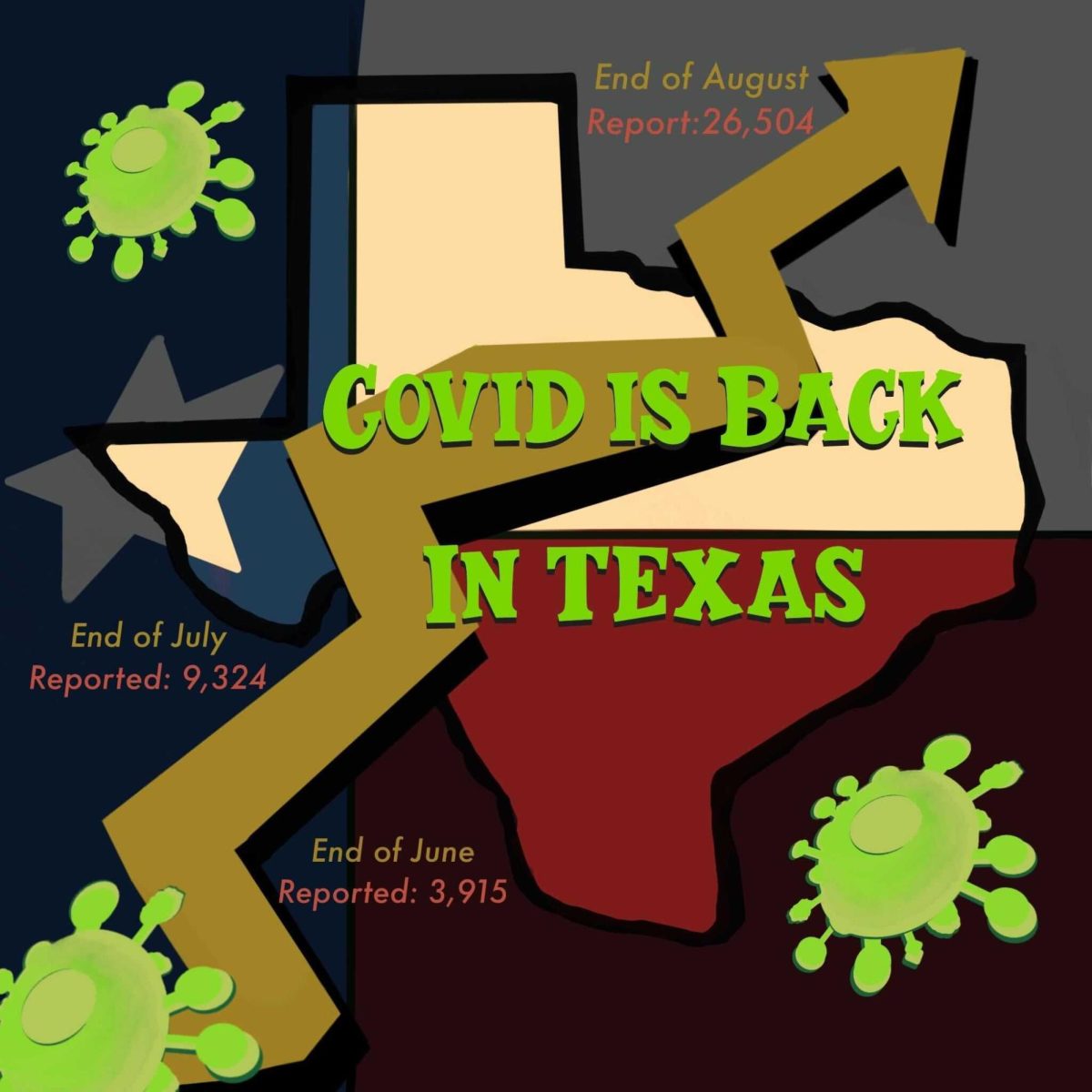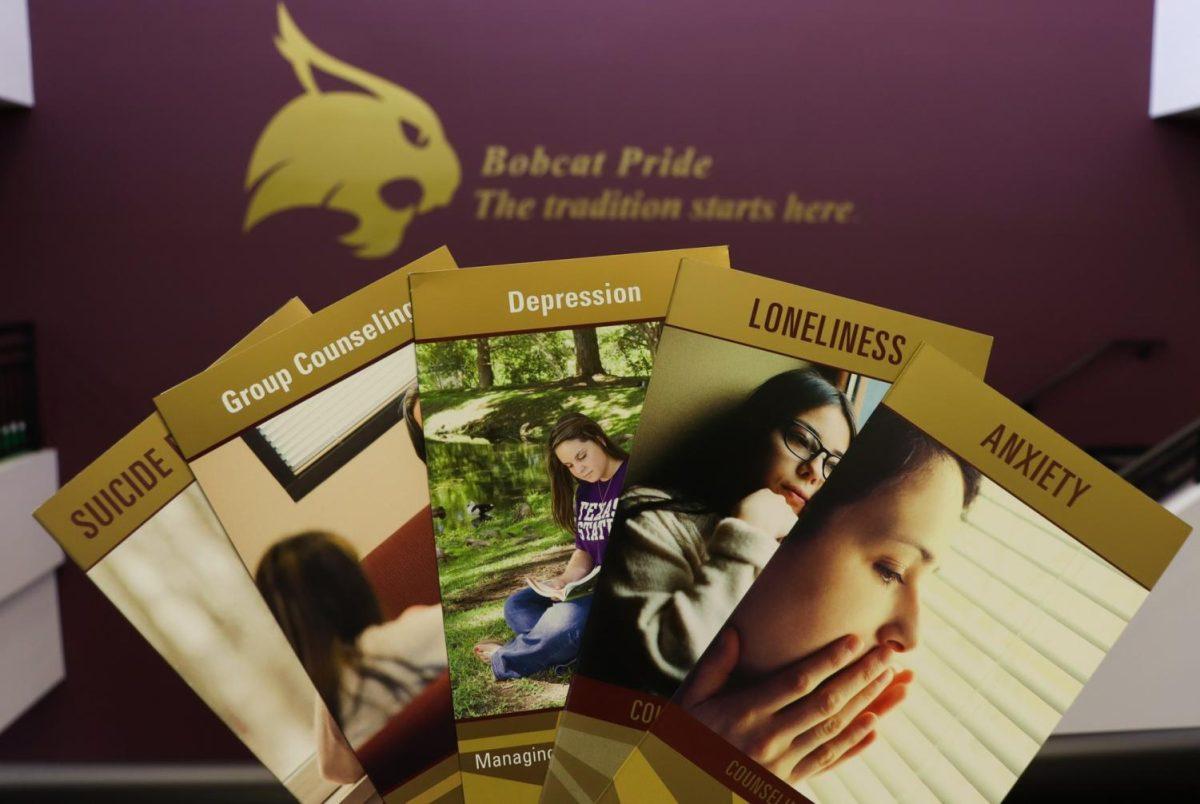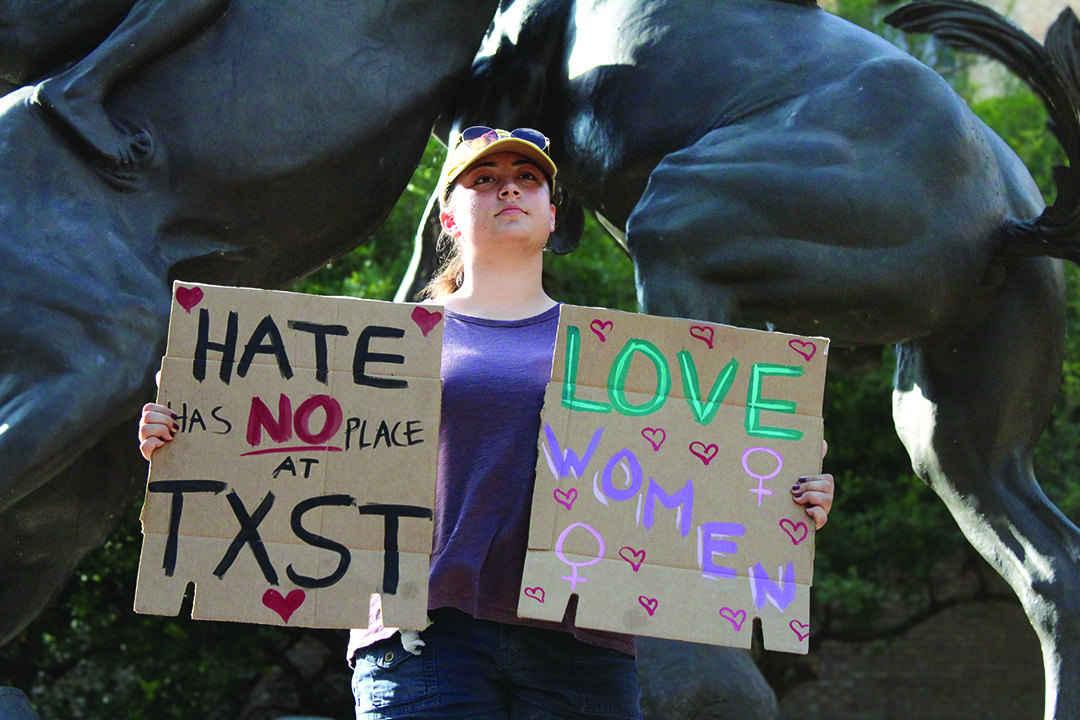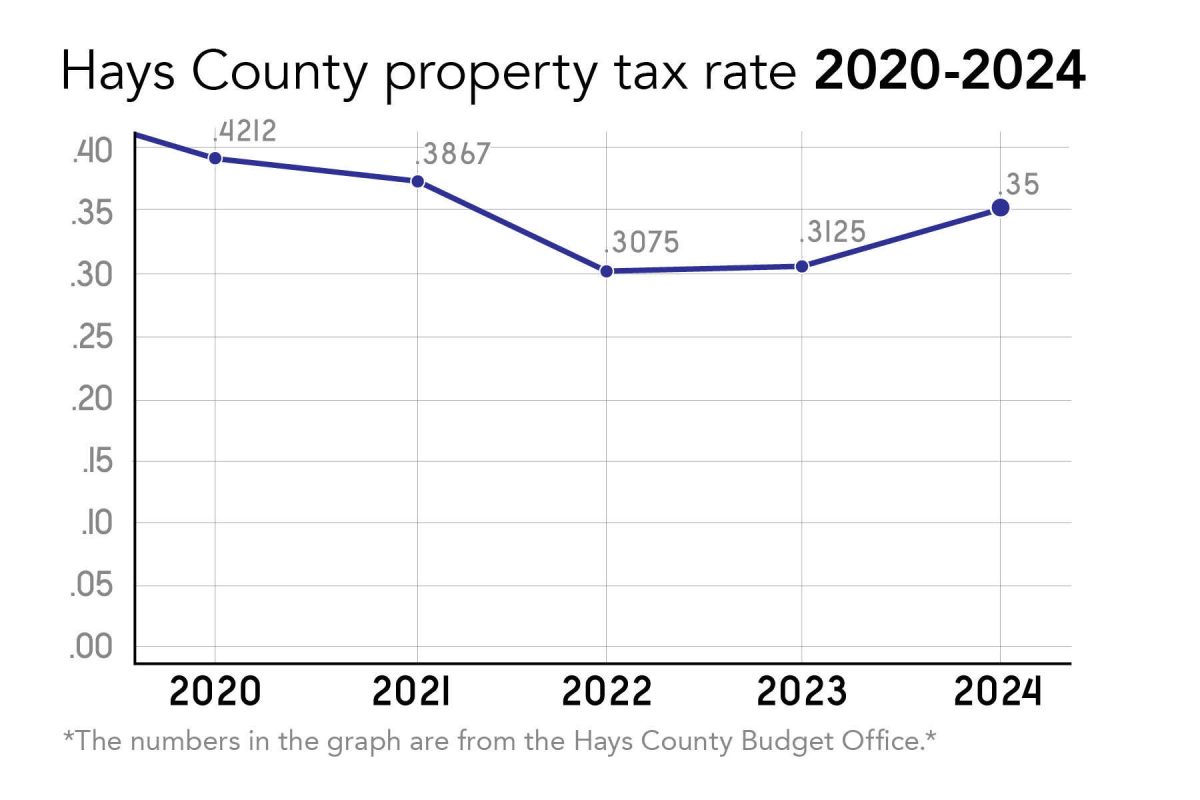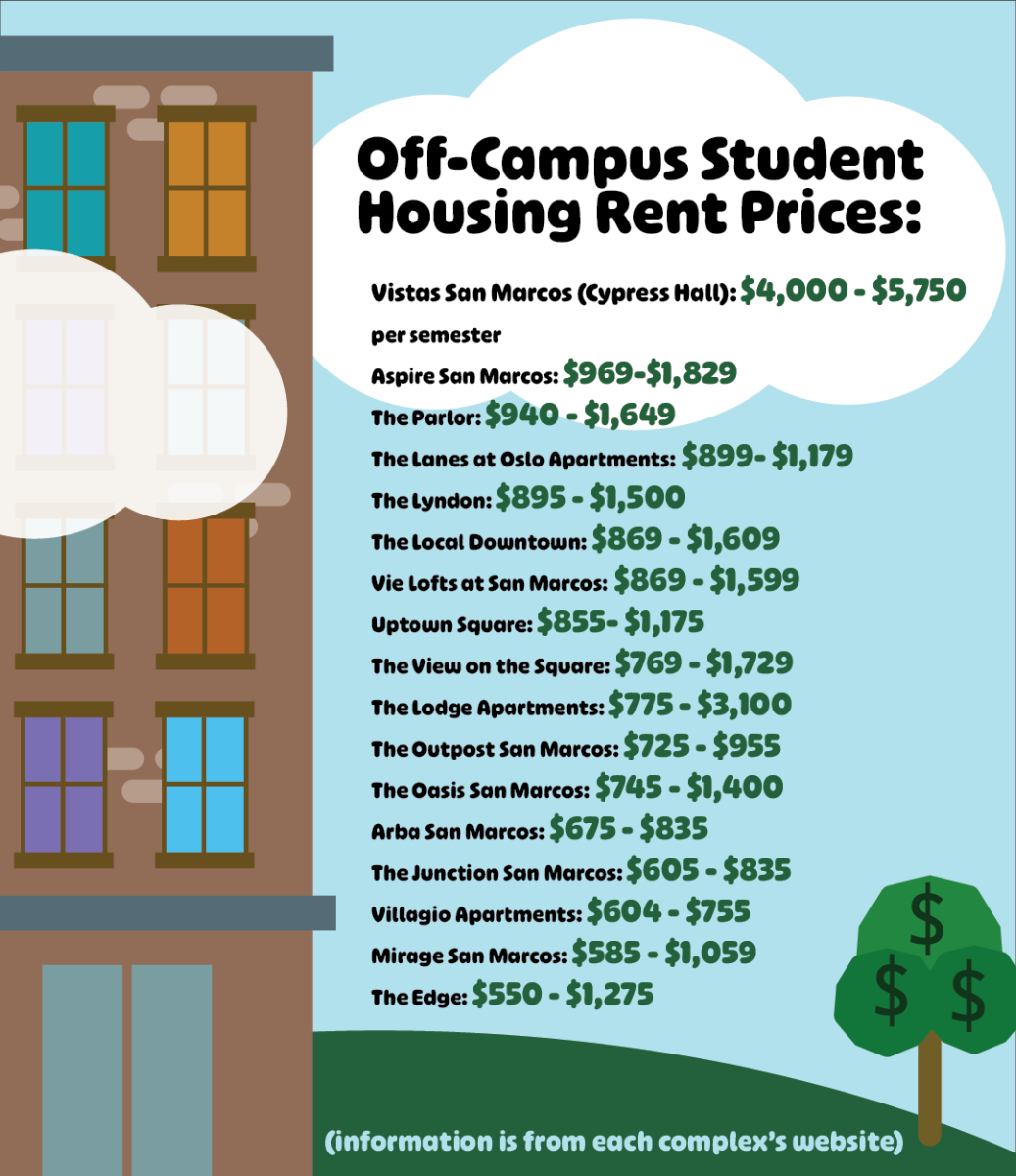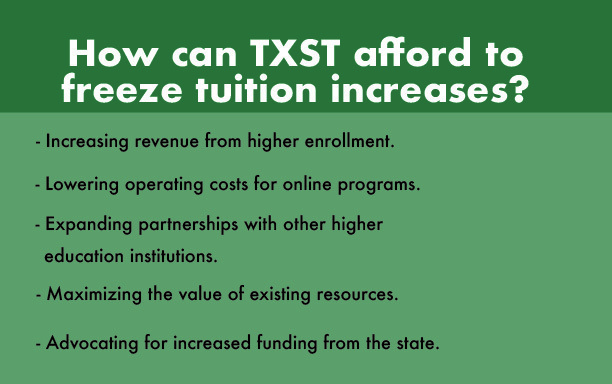When the sun sets earlier and the temperature begins to drop, people all across the world may tend to fall to traditional depression symptoms. These include changes in sleep, appetite and energy level, persistent sadness, loss of interest and social isolation.
While people can feel this way year-round, these feelings can severely escalate as winter settles in. This is called seasonal depression, and it affects people worldwide, including the Texas State community.
According to Counseling Center Specialist Gilbert Lopez, going home for the holidays is often a source of increased symptoms of depression, no matter how brief the visit.
While the time with family is easy for some, the transition between living an independent life and being home with family again can make the holidays a source of dread. Lopez said that the loss of community and routine over the break can be a large factor, especially for those who don’t have good relationships at home.
“Everyone’s situation is different. You know, for some students going back home can be a trigger. Maybe not having the most supportive or healthy home environment,” Lopez said.
Along with a change in environment, he said a change in routine can also have severe effects on one’s mental health.
“For others, maybe their routine that they had in San Marcos, whether it’s spending time with friends, going to work, going to classes, that changing routine, could be difficult when going back home where they don’t have that community or those close connections that they developed at Texas State,” Lopez said.
Fallyn Piatt, a psychology sophomore, realized she was experiencing seasonal depression during her senior year of high school. Now, Piatt sees an increase in her symptoms whenever she returns to her hometown and is not around her usual community.
“I like to think of San Marcos as my home more than, like, the home where my family is, just because this is where I’ve really like grown up and like met new people,” Piatt said. “I have a lot of friends here, so it makes it easier. If I ever need to go see someone, I don’t have to drive super far away to like, go meet up with a friend.”
Piatt also noticed that her symptoms were especially amplified last year when classes went completely online due to COVID-19.
“I could barely get out of bed. Because all my classes were online, it was just easier for myself to like just stay in bed and give myself kind of an excuse,” Piatt said. “So, I just stayed home all day for like days straight and didn’t see people and kind of shut everybody out. It made it really, really hard.”
Piatt’s experience was similar to others living with seasonal depression. COVID-19 shutdowns and the associated isolation added another layer of stress to those already living with seasonal depression. According to Lopez, students may justify unhealthy withdrawal from society as a way to stay safe during the pandemic.
“If someone is already experiencing some form of seasonal affective disorder, and then we have COVID going on, then yeah, [COVID-19 can make it worse],” Lopez said. “When the recommendation is social distancing yourself, if someone’s already isolating themselves, then they have even more reason to stay away from other people.”
While seasonal depression is not uncommon, many students are able to minimize symptoms with their own ways of coping. Rae Christensen, an English sophomore, has learned to help make their symptoms less difficult.
“One coping mechanism that I use is journaling. Like when I’m able to write down everything that I’m feeling, it helps me,” Christensen said. “It helps me come back and realize like, I’m going to be okay and that I can get through this because when you write it down, your problems seem a lot smaller than when they’re in your head.”
Christensen also noticed that a regular schedule is another helpful tactic, especially this time of year when the change of seasons can have a negative effect on students’ mental health.
“When the sun is going down earlier, you might be inclined to mess up your daily routine, but I think it’s really important to stay on task, especially as a college student,” Christensen said.
Piatt, too, has found journaling and making detailed schedules to be helpful. Above all, however, she encourages those with seasonal depression to reach out to people they trust.
“Even though it seems really scary, always, always try to talk to someone,” Piatt said. “I know a lot of people who experience seasonal depression, and it’s just nice to know that other people are going through the same thing.”
Piatt hopes to remove the stigma that surrounds seasonal depression, as she feels there is a lack of attention brought to it. Lopez said this is a problem for mental health issues in general, and that seasonal depression is just another part of the negative stigma surrounding them.
“It’s not talked about that much. So definitely, there’s a lot of room for improvement to address the stigma of mental health, but more particularly, to have those conversations, because someone might not be able to label themselves,” Lopez said. “It could be all symptoms that align with seasonal affective disorder, and they feel like they’ll get out of it, but after a couple of months go by, it’s like, ‘what’s going on?'”
If you or anyone you know is struggling with mental health, reach out to Texas State’s Counseling Center at 512-245-2208 or visit its office on the fifth floor of the LBJ Student Center.
If you or someone you know is considering suicide, call the National Suicide Prevention Hotline at 1-800-273-8255. The hotline is available 24/7 and offers free, confidential support. A virtual online chat is available.
Categories:
Texas State community reflects on seasonal depression
February 5, 2022
0
Donate to The University Star
Your donation will support the student journalists of Texas State University. Your contribution will allow us to purchase equipment and cover our annual website hosting costs.
More to Discover


